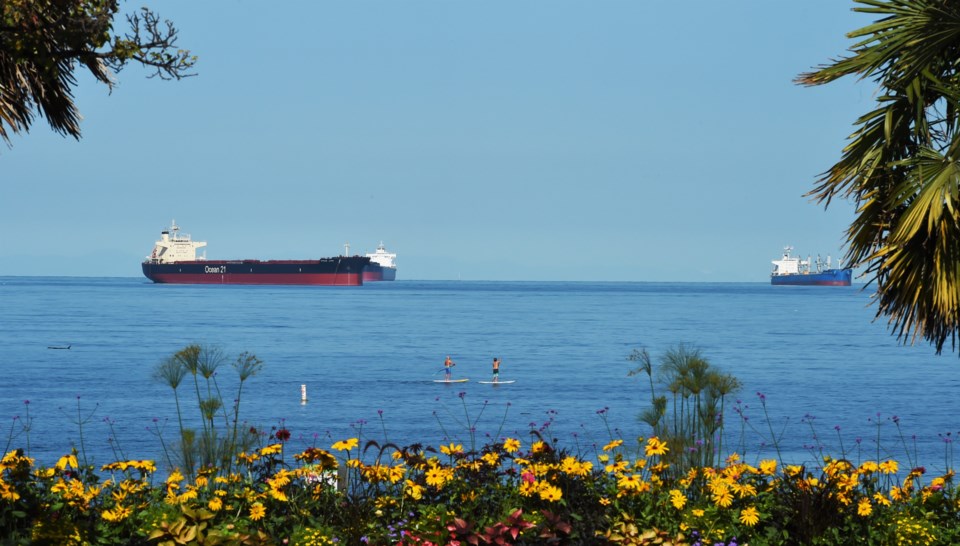The big ridge that's been hanging out over southern B.C. and keeping temperatures high should be moving on soon.
Environment Canada meteorologist Philippe-Alain Bergeron tells V.I.A. spotty showers are likely Sunday afternoon in some parts of Vancouver while lower temperatures are in the forecast.
"We have a bit of a change," he says.
Humidity has risen in the city and several layers of cloud are overhead as a small system from the US is pushing north.
"We could see a few raindrops out of that this afternoon," he notes, adding some areas of high terrain in the region may see thundershowers.
Highs of 25 C near the coast and 27 inland are expected for Vancouver.
That weather won't stick around too long, Bergeron explains, but it heralds a broader change.
Monday, July 22 should be the warmest day of the week, with a high of 24 C and mostly clear skies (though there may be some low-lying clouds in the morning) thanks to a ridge of high pressure that's spent much of July overhead.
However, a massive upper low pressure system that has been sitting in the Gulf of Alaska is on the move. It'll bring rain to B.C.'s north coast early this week as the ridge of high pressure moves east towards Alberta.
In southern B.C. the edge of the low pressure system is predicted to bring a cooler air mass overhead, resulting in cooler temperatures, but limited clouds. Bergeron says that system will be at its closest on Thursday.
That means Tuesday and Wednesday are forecast to be like Monday, with clear skies and above average temperatures in the low- to mid-20s, though slightly cooler.
Wednesday night and Thursday morning the shift in the weather is predicted to be more obvious with a chance of showers overnight on July 24 and a mix of sun and cloud on July 25.
Temperatures will reflect that with highs around 20 C, which is just under the average for this time of year.
Bergeron notes people may feel a bit cooler after acclimatizing during the long stretch of above average temperatures.
The system from the Gulf of Alaska isn't expected to progress too far south, though, and is predicted to head into B.C.'s northern interior.
"The more dramatic effects, that's really confined to further north," says Bergeron.



